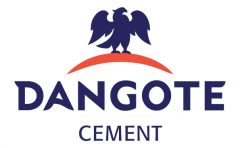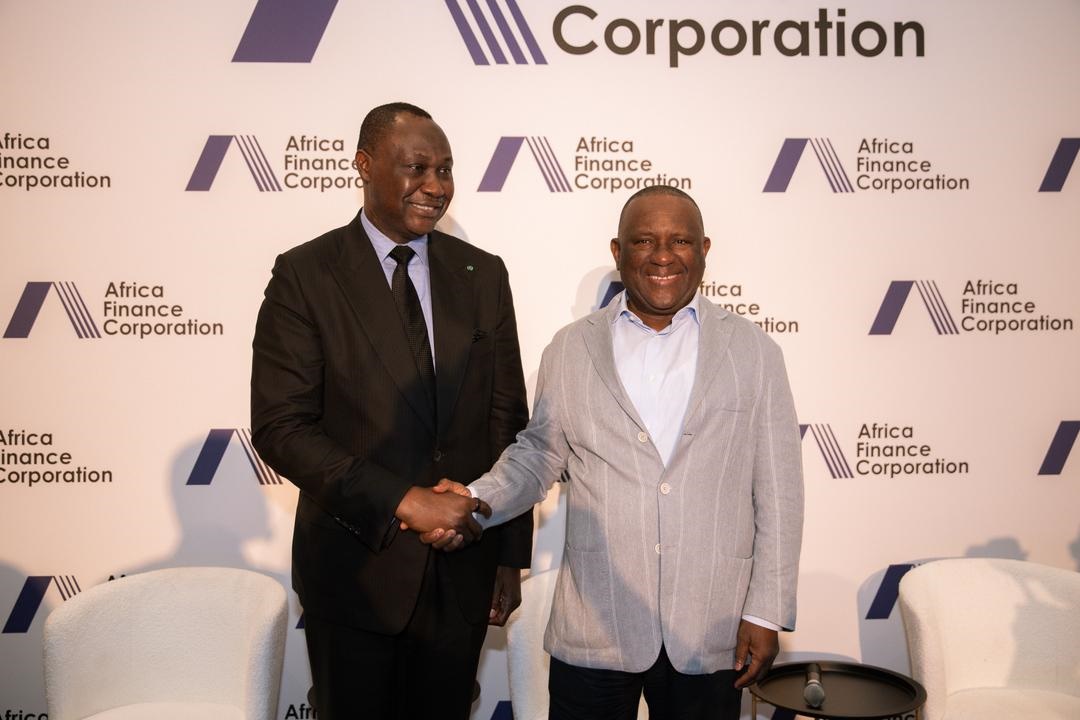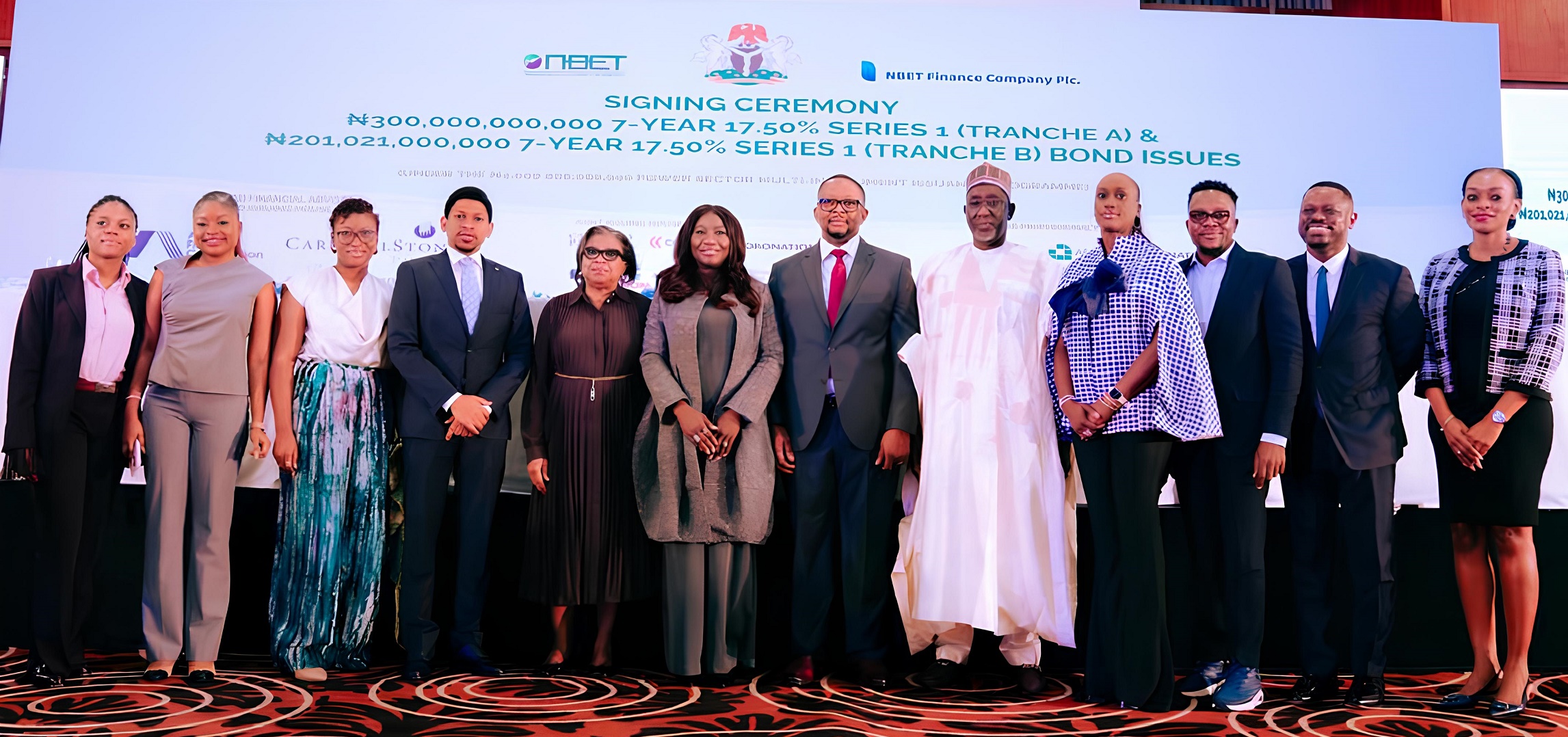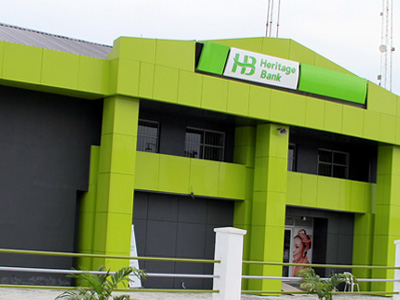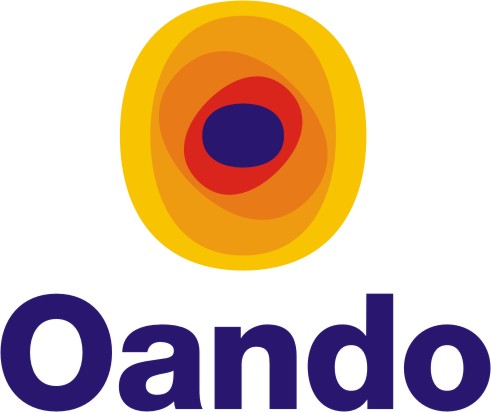
As Revenue Climbs 68%
We Are Optimistic About Our Future, Focused On Delivering Robust Returns, Wale Tinubu Assures
Yet locked in disagreements and a law suit over the suspension of its shares on the Nigerian Stock Exchange (NSE) by an equally entangled capital market apex regulator, the Securities & Exchange Commission (SEC), Oando Plc, on Tuesday presented its un-audited result for the nine-month ended September 30, 2017, showing that revenue grew by a princely N155.505bn or 68.25%, while the group returned to profit, despite a N7.104bn income tax expense, as against the previous third quarter’s N33.169bn tax credit.
Sales revenue for the period stood at N383.35bn, from N227.845bn; with the lion’s share contributed by the supply and trading segment of the business, which yielded N306.382bn; followed by N70.022bn from exploration and production; among others. The group, recorded N140.51m from gas and power, after discontinuing operations in the Alausa Power Limited. Cost of sales increased by N97.388bn or 45.34% from N214.754bn to N312.142bn; following which gross profit stood at N71.207bn, compared to the marginal N13.091bn reported in the preceding third quarter.
Other operating income dropped to N17.285bn from N35.914bn; while impairment of receivables decreased to N2.68bn from N21.563bn; just as administrative expenses of N7.722bn, down from N69.436bn, left operating profit at N38.089bn, as against the N31.994bn loss in the preceding third quarter, with only the exploration and production segment recording profit at N48.488bn; while supply and trading suffered a N1.35bn loss and the group’s “corporate and other” lost N4.405bn.
Finance costs dropped from N47.474bn to N32.669bn; finance income rose to N7.22bn from N4.45bn; resulting in net finance cost of N25.448bn, down from N43.023bn, after exploration and production segment lost N12.73bn; and the corporate services department, N12.715bn.
The group’s N3.142bn share of associate company loss from N2.497bn, left “profit before income tax from continuing operation” at N9.497bn, compared to the loss of N87.515bn.
According to a breakdown of the PBT, exploration and production segment generated N35.758bn, from a N25.792bn loss; marketing, refining and terminals did not record any activities, but suffered a N6.069bn loss in 2016Q3; just as gas and power had a PBT of N3.595bn; and energy services, N1.136bn. The corporate segment suffered a N38.516bn in 2016, bring the total loss to N67.125bn; while “corporate and other” suffered a N20.264bn loss; and supply and trading lost N1.353bn.
Profit after tax stood at N2.393bn a significant improvement over the N54.346bn loss in the corresponding period of last year.
The profit after tax for the period from discontinued operations boosted the group’s bottom-line by N4.731bn, down from N18.459bn; resulting in profit for the period of N7.125bn, from N35.886bn loss, resulting in Earnings Per Share of nine kobo, which was significantly better than the previous 315 kobo loss.
Commenting, Group Chief Executive of the energy giant- Wale Tinubu, said, Oando Plc’s financials for the period under review reflect “the continued implementation of our strategic initiatives of growth through our Dollar earning upstream portfolio; deleverage through recapitalization and asset divestments and the expansion of our oil export trading business.”
Proceeds of the business restructuring and asset sales, he continued, have been successfully used to improve the group’s balance sheet, leading to an N18bn fall in debt position from N247bn at the end of December 2016 to N229bn.
The statement by Alero Balogun, Oando Plc’s spokesperson said the performance is a welcome relief to aggrieved shareholders who have in the past months expressed dissatisfaction with the damage caused the Oando brand by the SEC probe.
On his outlook for the company, Tinubu said: “Our tenacity to continuously create value despite prevailing headwinds is evident in our improved performance four quarters in a row; we remain optimistic about our future performance and focused on delivering robust returns to shareholders.’’




